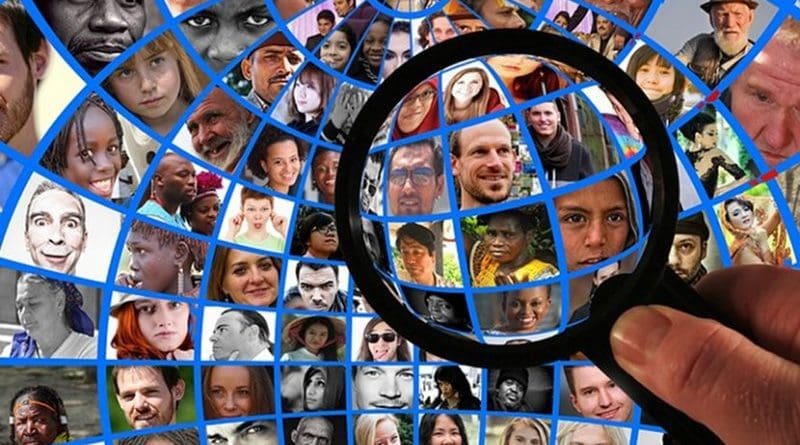Chinese Tech Firms Seek To Sway UN Over Facial Recognition Standards
By UCA News
Chinese tech firms are molding United Nations’ standards for facial recognition as well as video monitoring, according to leaked documents published in a Financial Times report.
Security camera maker Dahua Technology, telecommunications equipment maker ZTE and state-owned telecommunication company China Telecom are among other companies pushing new international standards in the U.N.’s International Telecommunication Union (ITU) for facial recognition, video monitoring, as well as street and vehicle surveillance, the Financial Times reported on Dec. 2.
Standards taken up by the ITU in Geneva are often implemented by developing nations in Africa, Asia and the Middle East, where Beijing is supplying infrastructure and surveillance technology under its so-called Belt and Road Initiative (BRI), the report said.
Coming up with standards gives companies an advantage in markets as they can craft regulations to fit the specifications of their own proprietary technology.
Chinese companies have recently been increasing their influence in international standards-setting bodies, such as the ITU and ISO.
ITU standards, which usually take around two years to write and be adopted, hold great sway in setting rules in African countries as they lack the resources to develop their own standards, according to the Financial Times.
Information from the continent is also very important to Chinese tech giants, which are looking to improve their facial recognition technology especially for people of color, it added.
Their artificial intelligence surveillance technology is being supplied to 63 countries, according to a report from the Carnegie Endowment for International Peace think tank report published in September.
The growth of Chinese tech firms, especially in facial recognition and surveillance, has sparked alarm in Western countries.
Eight firms were recently added to the U.S. government’s Entity List for their alleged role in facilitating human rights abuses against Muslim minority groups in China’s, western Xinjiang region.
Human rights lawyers say the proposals being touted at the ITU are more policy recommendations than technical specifications, the Financial Times report said.
Requirements in the draft for facial recognition standards, stipulate a requirement to store detected facial features in a database. These features include race, skin color, face shape, birthmarks and scars.
The draft proposals are expected to be completed by the end of the year and fast-tracked for approval.
Suggested uses for facial recognition technology include confirming employees are at work, police monitoring of people in public spaces and the arrest of criminals, the Financial Times said.

